Be a “Healthier YOU” This Year.
Get Into Active Aging
For many, aging is a tough process. One never knows when the next illness or injury may occur. It’s hard to make plans because as we age, the future keeps changing and new challenges emerge.
You’re Never Too Old For A Challenge!!
Aging brings on challenges to both mental health and physical health. When we challenge ourselves, we form new healthy habits that become lifelong tools to keep oneself healthy and vibrant and as independent as possible.
Four Pillars
There are four main pillars in an Active Aging lifestyle:
NUTRITION – EXERCISE – RELATION – SLEEP
Fuel For Active Aging
As we age, healthy eating can make a difference in our health. Through the foods we eat, our body will get the proper nutrients it needs to function at its best. This includes potassium, calcium, Vitamin D, Vitamin B12, minerals and dietary fiber. Proper nutrition improves how we feel and encourages a sense of well-being.
By eating healthy you reduce the risk of developing chronic diseases such as high blood pressure, diabetes, hypertension, and heart disease. If you have a chronic disease, eating well can help to manage the disease. Eating healthy will fuel your energy levels and meet calorie needs to maintain a healthy weight.
Special Nutrition Concerns for Older Adults
- Add flavor to foods with spices and herbs instead of salt.
- Add sliced fruits and vegetables to your meals and snacks. Eat whole grains like brown rice, corn, oats and rye. Try to eat several servings of dairy each day like milk, yogurt and low-fat cheese.
- Ask your doctor to suggest other options if the medications you take affect your appetite or change your desire to eat.
- Combat vitamin B12 deficiency by eating meat, eggs and dairy.
- Eat less sugar and carbohydrates if you have diabetes. Follow your diabetic diet.
Don’t Forget To Stay Hydrated
- Dehydration occurs when people don’t have enough fluid in their bodies. Dehydration is serious. It ranks in the top ten most frequent reasons for Medicare hospitalization. Dehydration can result in death if not dealt with right away.
- The ability to feel thirst lessens with age so seniors may not realize when they need to drink more.
- In the aging process, people’s bodies start losing muscle and gaining fat. Muscle holds water but fat does not. With age body water decreases. In addition, some medications that increase urination or help with constipation can also cause dehydration. Drink water instead of sugary drinks throughout the day before you feel thirsty.
Get Moving
It should be no surprise that exercise is an important component of Active Aging. Exercise can delay many health problems associated with aging. It slows the aging process and has anti-inflammatory effects on the body. It improves brain function and mood. You will sleep better. Your muscles will grow stronger so you can keep up with daily activities and maintain independence. Strive for 30 minutes a day, five times a week of brisk walking. Add two days a week of strengthening exercises like wall push-ups or chair squats and lifting hand weights while seated. Stand on one foot to improve balance.
- Sometimes it is hard to stay motivated so try these tips:
- Set goals and track your progress.
- Try monitoring your heart rate and exertion level during exercise.
- Develop a reward system for yourself when you exercise.
- Find a friend to exercise with you.
Relation
By relation, we mean, staying socially connected with others. Being socially active has a great impact on emotional, physical and mental health especially with age.
Regular social interactions can help combat depression, anxiety and feelings of isolation due to normal life changes. As the years pass, life events change us. People retire and may move out of their neighborhood. Children grow up and leave the home. Seniors may experience divorce or death of a loved one. All these life events can have a significant effect on health. Forming and maintaining meaningful relationships despite life changes provide a crucial support system for navigating the challenges of aging.
Social activities can keep the mind sharp and reduce the risk of cognitive decline. Activities like playing board games, participating in Bingo, or simply lively conversation will keep seniors sharp. Even playing video games has a benefit.
Many social activities involve some level of physical activity that results in improved fitness. People connect with others when they are physically active This could include joining an exercise class, walking club, participating in church or synagogue events or volunteering at community events. It goes without saying that staying connected with others reduces loneliness and helps keep seniors a vital part of the community and boosts self-esteem.
Are You Sleeping Well?
As we age, the body produces lower levels of growth hormones, so you may experience a decrease in “slow wave” or deep sleep. Your sleep is more fragmented. You wake more frequently throughout the night. Frequent waking disrupts your circadian rhythm, the internal clock that tells you when to sleep and when to wake up.
Sleep Hygiene
On average, you need about 7 to 7 ½ hours of sleep each night. Good bedtime habits, called sleep hygiene, will help you get that needed sleep.
- Go to bed at the same time every night and follow a routine. No napping!
- Don’t eat a heavy meal right before bedtime. Limit caffeine, alcohol and nicotine. These are stimulants.
- Turn off screens one hour before bedtime. Don’t read from a backlit device at night, like a phone or iPad. Rather read with a soft bedside lamp.
- Keep your bedroom dark, quiet and cool. Use your bedroom for sleep. Don’t balance your checkbook or watch TV in bed.
- Get moving. Regular exercise lifts the mood. Rhythmic exercises such as walking, running, swimming, and dancing are particularly effective.
- If you can’t sleep, get out of bed. Go into another room and do something relaxing till you feel sleepy.
January is Fall Prevention Month.
The Weather Outside Is Frightful
We cannot change winter weather, but we can take measures to prepare and be safe. Annually, slip, trip and fall accidents account for 2.8 million elderly injuries and 27,000 deaths. By following these simple fall prevention steps, seniors can significantly reduce their risk of falling and increase their chances of remaining healthy and independent.
Look First! Plan Your Route!
Plan ahead. Allow enough time to get where you are going. Chances of falling increase when you rush. Take your time. Walk slowly and deliberately. Try to place each foot flat on the ground with each step. It’s OK to ask someone for help if you feel unsafe on slippery paths.
Plan trips around the weather. If you do not need to go out, don’t go out. Wait for the weather and travel conditions to clear.
Safe Sensible Shoes
Sturdy, well-fitting shoes are best. Seniors should avoid wearing flip flops, slippers, high heels and backless shoes. Wear appropriate footwear with rough-textured soles for rainy or icy weather.
Clutter! A Common Cause of Trips and Falls
Clutter like electrical cords, pet toys, magazines, shoes, baskets and plants and even throw rugs can bunch up and cause a fall. Clean up spills immediately.
Move It Or Lose It!
Staying physically active is one of the best things seniors can do to prevent falls. Many falls are caused by muscle weakness. To combat this do strength-building exercises. Walking, swimming and dancing are exercises that build leg strength while improving coordination and balance.
AW Health Care is a provider of home healthcare, personal care and outpatient physical and aquatic therapy. We improve lives by caring for the needs of the “whole person”.


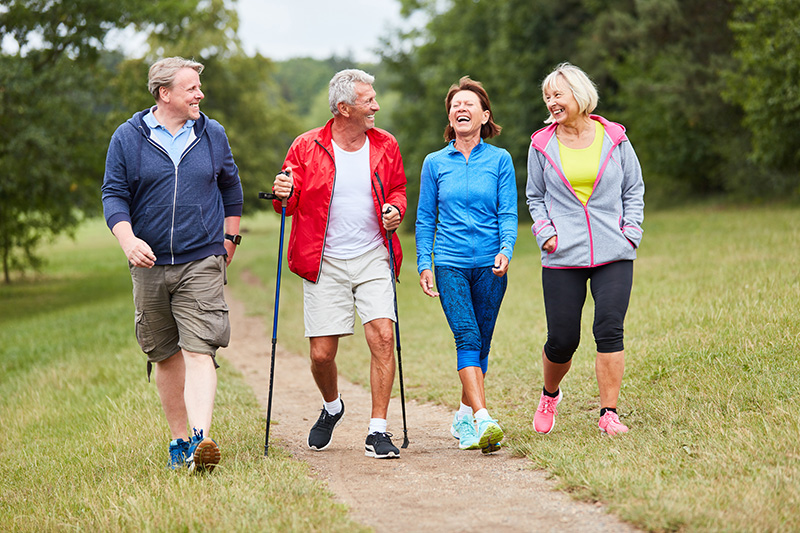
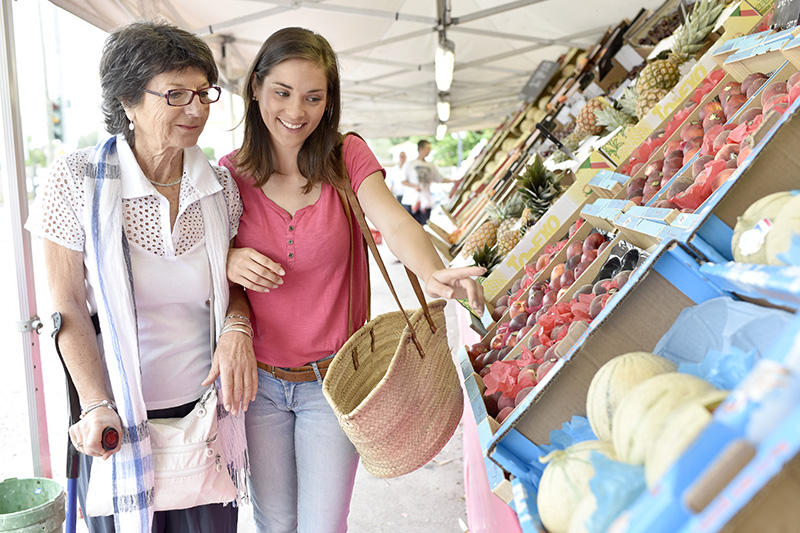
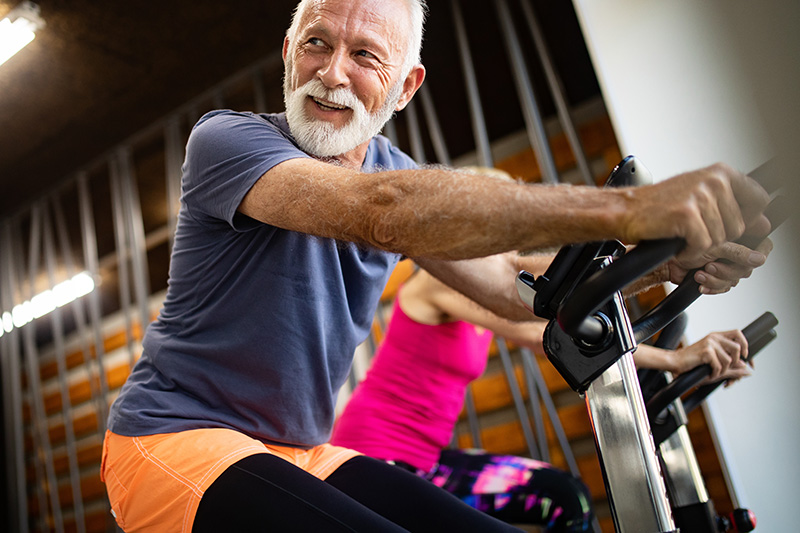
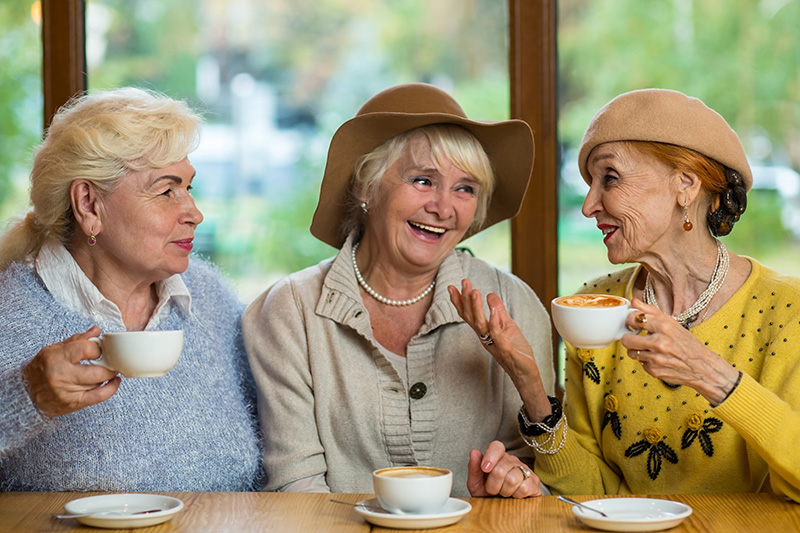
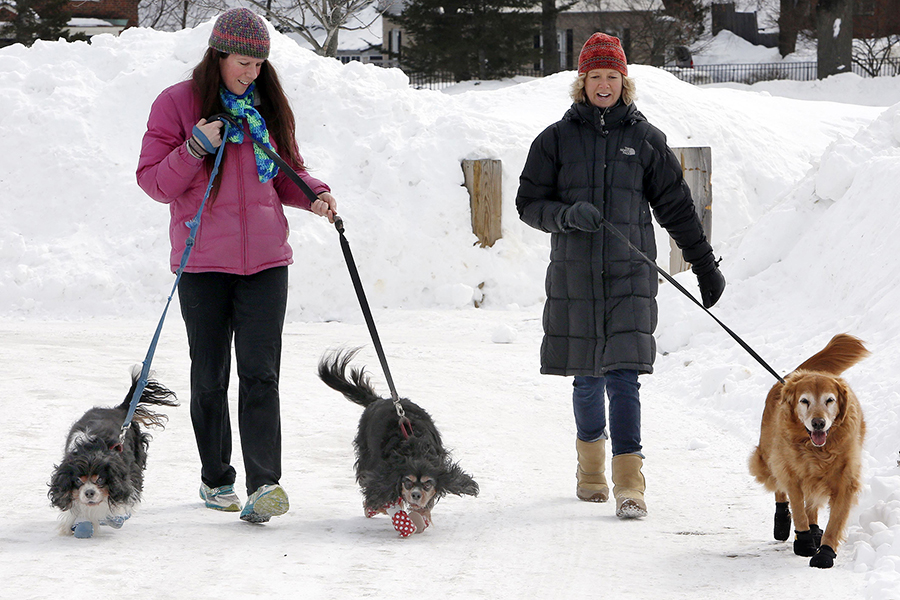
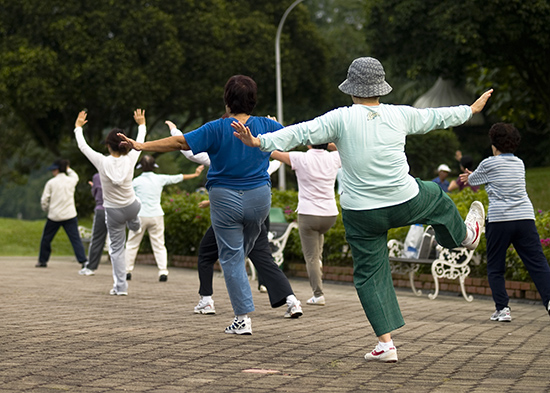



Comments are closed.